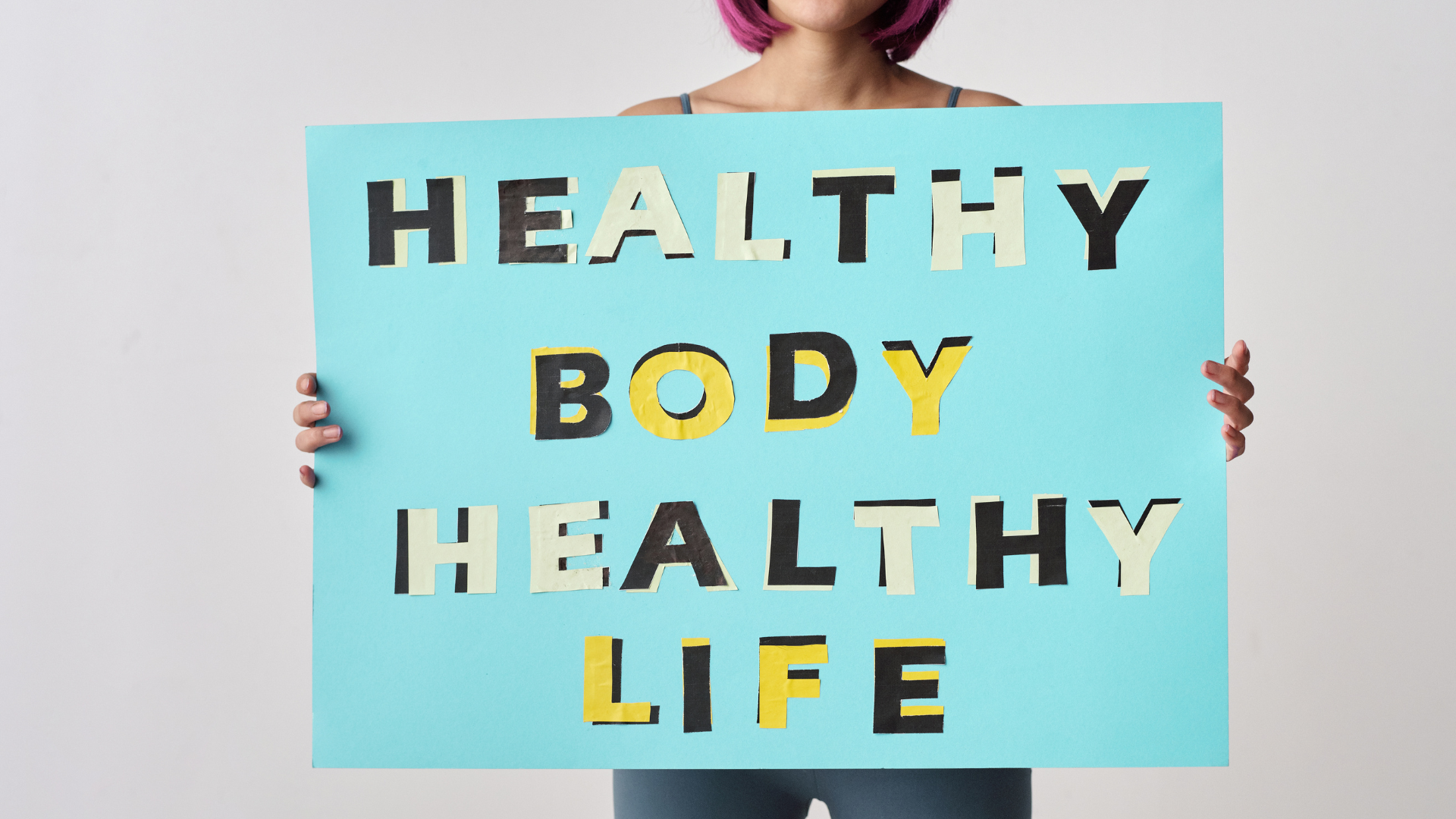Maintaining a healthy heart is essential for overall well-being, as heart disease is one of the leading causes of death globally. A balanced diet rich in heart-healthy foods can help reduce the risk of heart disease, lower cholesterol levels, and promote proper blood circulation. In this article, we will explore the top 10 foods that can support heart health and help you maintain a strong, resilient cardiovascular system.
1. Fatty Fish
Fatty fish like salmon, mackerel, sardines, and trout are excellent sources of omega-3 fatty acids, which are known to reduce inflammation, lower blood pressure, and improve cholesterol levels. Omega-3s help prevent the buildup of fatty plaques in the arteries, reducing the risk of heart disease. The American Heart Association recommends consuming at least two servings of fatty fish per week to support cardiovascular health.
Key Benefits of Fatty Fish:
- Rich in omega-3 fatty acids
- Reduces inflammation and blood pressure
- Improves cholesterol levels
2. Leafy Greens
Leafy greens such as spinach, kale, and Swiss chard are packed with vitamins, minerals, and antioxidants that are vital for heart health. They are especially high in potassium, which helps regulate blood pressure by balancing the effects of sodium. Additionally, leafy greens contain fiber that helps lower cholesterol levels and improve overall heart function.
Key Benefits of Leafy Greens:
- Rich in potassium and fiber
- Helps regulate blood pressure
- Improves cholesterol levels
3. Berries
Berries, including strawberries, blueberries, and raspberries, are not only delicious but also packed with antioxidants, vitamins, and fiber. Studies have shown that the antioxidants in berries, particularly anthocyanins, can help reduce blood pressure and inflammation, which are key risk factors for heart disease. The fiber content in berries also supports healthy cholesterol levels.
Key Benefits of Berries:
- High in antioxidants
- Reduces blood pressure and inflammation
- Supports healthy cholesterol levels
4. Avocados
Avocados are rich in monounsaturated fats, which are known to help lower bad cholesterol (LDL) and raise good cholesterol (HDL). These healthy fats improve heart health by reducing the risk of plaque buildup in the arteries. Avocados are also packed with potassium, which helps manage blood pressure, and fiber, which aids in cholesterol management.
Key Benefits of Avocados:
- High in monounsaturated fats
- Helps lower LDL cholesterol and raise HDL cholesterol
- Rich in potassium and fiber
5. Nuts
Nuts, including almonds, walnuts, and pistachios, are an excellent source of healthy fats, protein, and fiber. They are also packed with antioxidants and have been shown to reduce inflammation, lower cholesterol levels, and improve blood vessel function. Walnuts, in particular, are high in omega-3 fatty acids, which can help improve heart health.
Key Benefits of Nuts:
- Rich in healthy fats, protein, and fiber
- Reduces inflammation and lowers cholesterol levels
- Improves blood vessel function
6. Olive Oil
Olive oil, especially extra virgin olive oil, is one of the healthiest fats you can consume. It is rich in monounsaturated fats and antioxidants that have been shown to reduce inflammation and lower the risk of heart disease. Studies suggest that olive oil can help lower bad cholesterol levels, improve blood vessel function, and reduce high blood pressure.
Key Benefits of Olive Oil:
- Rich in monounsaturated fats and antioxidants
- Lowers bad cholesterol and improves blood vessel function
- Reduces inflammation and high blood pressure
7. Beans and Legumes
Beans, lentils, and other legumes are excellent plant-based sources of protein, fiber, and essential nutrients. They are also low in fat, making them a heart-healthy option. The high fiber content in beans helps lower cholesterol levels and regulate blood sugar. Additionally, beans are rich in potassium and magnesium, which help manage blood pressure.
Key Benefits of Beans and Legumes:
- High in fiber and protein
- Low in fat and helps lower cholesterol levels
- Regulates blood sugar and blood pressure
8. Whole Grains
Whole grains like oats, quinoa, brown rice, and barley are packed with fiber, vitamins, and minerals that support heart health. Fiber-rich foods help lower cholesterol levels, improve blood sugar control, and maintain a healthy weight. The antioxidants in whole grains also protect against oxidative stress and reduce inflammation, both of which contribute to heart disease.
Key Benefits of Whole Grains:
- High in fiber, vitamins, and minerals
- Lowers cholesterol and regulates blood sugar
- Reduces inflammation and oxidative stress
9. Dark Chocolate
Yes, you read that right! Dark chocolate, particularly varieties with at least 70% cocoa, can benefit heart health when consumed in moderation. Dark chocolate is rich in flavonoids, which are powerful antioxidants that help lower blood pressure, improve blood flow to the heart, and reduce the risk of clot formation. Just be sure to consume it in moderation, as dark chocolate can be high in calories.
Key Benefits of Dark Chocolate:
- Rich in flavonoids and antioxidants
- Lowers blood pressure and improves blood flow
- Reduces the risk of clot formation
10. Tomatoes
Tomatoes are an excellent source of lycopene, a powerful antioxidant that has been shown to lower the risk of heart disease. Lycopene helps reduce oxidative stress and inflammation in the body, which are key contributors to heart disease. Additionally, tomatoes are rich in vitamins C and E, which support overall heart health and help protect against cholesterol oxidation.
Key Benefits of Tomatoes:
- Rich in lycopene and antioxidants
- Reduces oxidative stress and inflammation
- Supports overall heart health
Conclusion
A heart-healthy diet is essential for maintaining optimal cardiovascular health and reducing the risk of heart disease. Incorporating these top 10 foods into your daily meals can provide numerous benefits, from lowering cholesterol levels to improving blood circulation and reducing inflammation. By making these nutritious choices, you can keep your heart strong, healthy, and functioning at its best. Always remember to consult with a healthcare professional before making significant changes to your diet, especially if you have existing health conditions.
FAQs
1. How can fatty fish improve heart health?
Fatty fish are rich in omega-3 fatty acids, which help reduce inflammation, lower blood pressure, and improve cholesterol levels. Omega-3s also prevent the buildup of fatty plaques in the arteries, reducing the risk of heart disease.
2. Are avocados good for lowering cholesterol?
Yes, avocados are rich in monounsaturated fats, which help lower bad cholesterol (LDL) levels while raising good cholesterol (HDL). They also contain fiber and potassium, which support overall heart health.
3. Can dark chocolate really be good for the heart?
Yes, dark chocolate with at least 70% cocoa contains flavonoids, antioxidants that help reduce blood pressure, improve blood flow, and lower the risk of clot formation, all of which contribute to heart health. However, it should be consumed in moderation.

